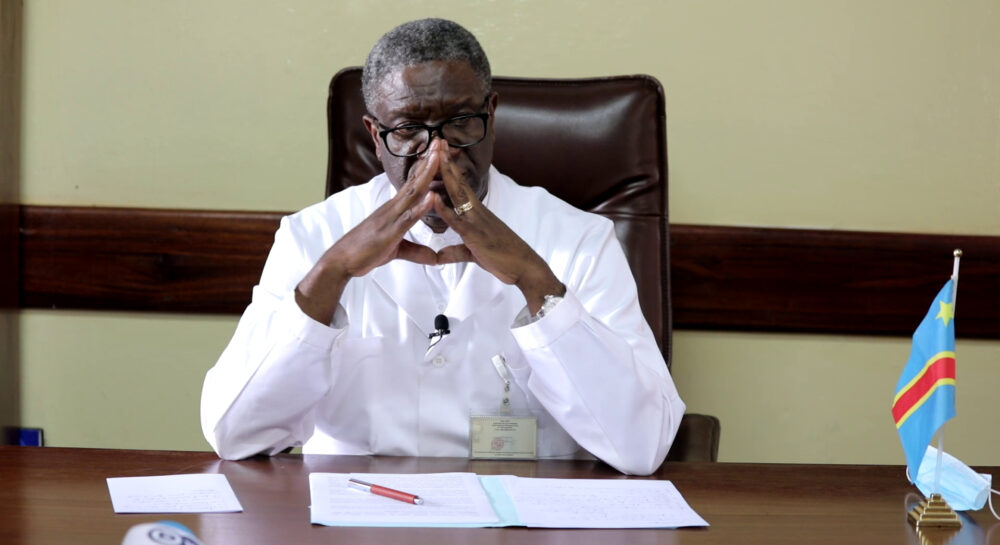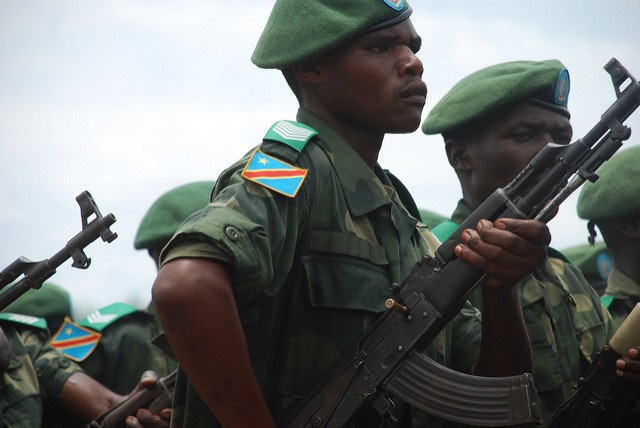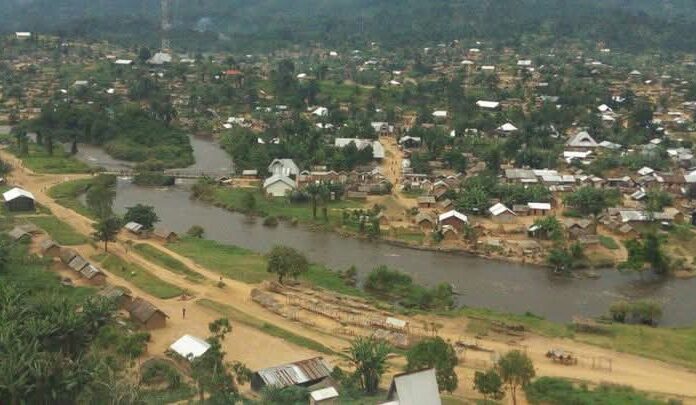It is possible to be a brilliant physician and yet a poor politician or even a purveyor of misleading narratives. This unfortunate truth applies to Dr Denis Mukwege, Nobel Peace Prize laureate, who recently mobilized fellow laureates to sign an op-ed in Le Monde, filled with factual errors and misleading assertions about the crisis in the Democratic Republic of Congo (DRC).
Note: Company, Blog, Church websites are free.
The tactic is familiar: Nobel laureates lend their moral prestige to causes they often know little about on the ground. Few, if any, have set foot in eastern Congo, let alone in the mountainous Masisi region west of Goma.
I recently spent several days in this very region, until recently contested between the FARDC and the M23. Today, it is largely pacified. Last Sunday, I walked yes, walked 27 kilometres across rugged terrain. In each village, I spoke with local residents. All of them told me the same thing: since the area came under M23 control, calm has returned. FDLR and Wazalendo incursions have ceased, and the FARDC’s arbitrary abuses have stopped.
The border with Rwanda is no longer a war zone dominated by genocidal FDLR fighters or Kinshasa-backed militias. A Nobel Peace Prize winner should welcome the defeat of such terrorist groups but Dr Mukwege is silent on this.
Instead, he supports President Félix Tshisekedi’s regime which, paradoxically, arms and funds these very militias. Mukwege even likens Rwanda to Russia and the DRC to Ukraine, a flawed analogy given the vast disparity in size, power, and context.
Peace in parts of the Kivu is fragile, but real. It deserves recognition. I invite Dr Mukwege and his co-signatories to visit Goma and hike with me through Masisi. Let them see not just imagine the reality on the ground.



